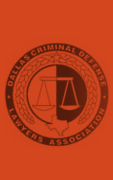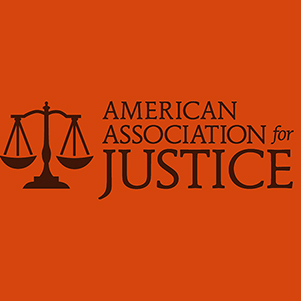Violation of Protective Orders Attorney in Dallas
A protective order, sometimes known as a restraining order, is issued by a civil court to prevent further acts of family violence, sexual assault, human trafficking, or stalking. The offender listed in the order may be prohibited from making any type of contact with the party who sought the order. The order may also prohibit the offender from possessing a firearm. If children are protected under the order, the offender may be prohibited from going near their school or daycare facility.
In some situations, a protective order may include stipulations that prohibit the transfer or disposal of property, establish child visitation and child support payments, require mandatory counseling, or require that the offender vacate a residence. If you are accused of breaking the mandates of a protective order, the Dallas protective orders violation lawyers of Law Offices of Mark T. Lassiter may be able to help you through the challenges of defending yourself from a possible conviction.
Possible Consequences of Violating a Protective Order
Even if you don’t make contact with the protected person, there are ways you may inadvertently violate a protective order. Possessing a firearm, making idle threats against the protected person or their family, or going somewhere you know the protected person will also be are all considered violations. Even if the protected person is the one who initiates contact with you, you can still be arrested.
Violating a protective order is considered a serious criminal offense, and the consequences can be steep. If a police officer has probable cause to believe that you violated the order, he or she can arrest you without a warrant. A judge may hold you without bail if he or she determines you are an immediate threat to the protected individual. In Texas, violating a protective order is a class A Misdemeanor, punishable by:
- Up to one year in county jail
- A fine of $4,000
If you have two or more convictions, violating a protective order becomes a third-degree felony and may hold a two to 10 year prison sentence. Even if you are accused of this crime, however, it is still possible to fight the charges. Fighting a protective order violation means seeking legal support as soon as possible. Your attorney may be able to prove the order violation was unintentional, and that you did not act with criminal intent. Further, these types of cases often rely on witness accounts. Lawyers may be able to challenge the credibility of the witness or the accuracy of their account, especially when the case involves a divorce or child custody battle.
Contact a Dallas Protective Order Violation Attorney
If you have been accused of violating a protective order, you should consult with an attorney at the Law Offices of Mark T. Lassiter. Our experienced lawyers can work with you to develop the strongest possible defense for your case. To discuss the details of your situation, call our offices as (214) 845-7007 today.








